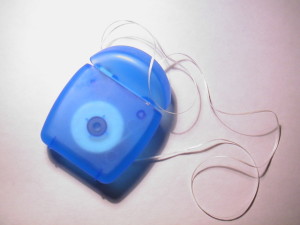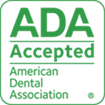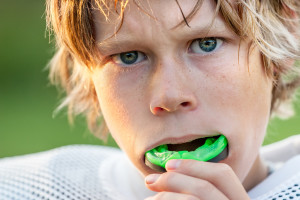Congratulations! You’re pregnant! Like many moms before you, you likely have a million questions about how to have a safe and healthy pregnancy. Eggert Family Dentistry is here to help you understand how pregnancy might affect your oral health.
Dental Work Is Safe for Pregnant Women and Their Babies
We’ve got some good news for you: dental care is generally safe for pregnant women and their babies. You can continue to have regular cleanings and other routine care while you’re pregnant—just be sure to tell us that you’re expecting.
Many pregnant patients have questions about x-rays. Dental x-rays use very low levels of radiation. If you need an x-ray for emergency dental work, you and your baby are safe. We will take extra precautions to protect you and your baby. We typically choose to hold off on your preventative x-rays until after the baby is born.
Another common concern is local anesthesia. Lidocaine and other local anesthesia are safe for you and your baby. A 2015 study found local anesthesia made no difference in the rates of miscarriage, prematurity, birth defects, or birth weight among expectant mothers. If you need a crown or other procedure completed while you’re pregnant, it’s okay to book the appointment.
Pregnancy’s Effect on Your Oral Health
Dental work may not affect your pregnancy, but your pregnancy will likely affect your oral health. Many mothers-to-be experience increased tooth decay and gingivitis. Hormonal changes are partly to blame, as are changes in eating habits and morning sickness.
Morning sickness exposes your teeth to more acid, which can exacerbate tooth decay. Rinsing your mouth with a teaspoon of baking soda in a glass of water can help neutralize the acid after you’re ill. We might recommend extra brushing, flossing, and professional cleanings if you’re experiencing a dramatic increase in tooth decay or gingivitis.
Some pregnant women experience tumors in their gum tissues. These noncancerous swellings often appear between your teeth. Most go away shortly after birth, but we can remove them if they cause you discomfort.
Don’t put off routine dental care over fear that a visit to the dentist could harm you or your baby. Dental procedures are generally safe for both of you and can help prevent serious issues down the road. Contact Eggert Family Dentistry today to schedule your next visit. Call (651) 482-8412.






